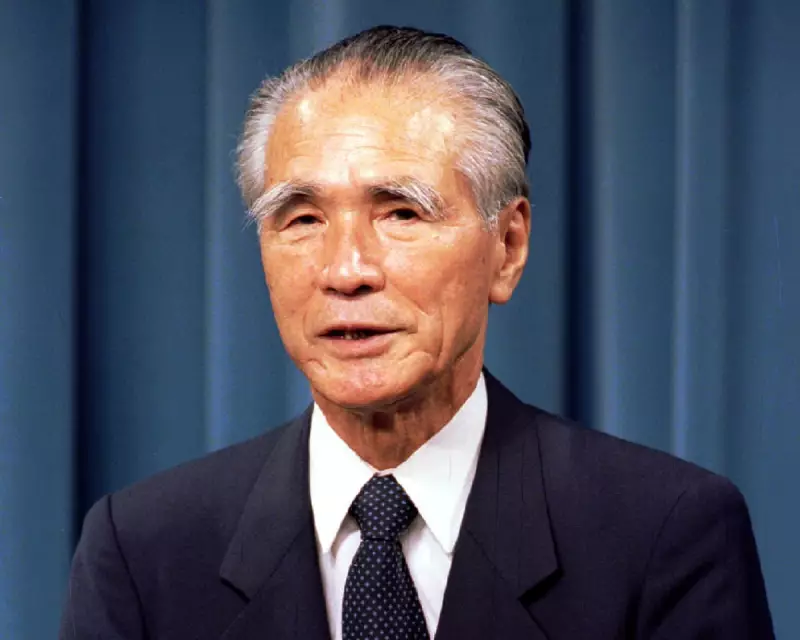
The political landscape of Japan has lost one of its most significant figures with the passing of Tomiichi Murayama at the remarkable age of 101. Serving as Japan's prime minister from 1994 to 1996, Murayama carved his name into history not through lengthy tenure, but through moral courage and political bridge-building.
A Political Earthquake
Murayama's ascent to power represented nothing short of a revolution in Japanese politics. When he became Japan's first socialist prime minister in nearly five decades, he shattered conventional wisdom about what was possible in the country's political system.
His rise was particularly astonishing given his humble beginnings in rural Oita prefecture, far from the traditional power centres of Japanese politics. The son of a fisherman, Murayama brought a distinctly different perspective to the highest office.
The Murayama Statement: A Watershed Moment
On 15 August 1995, the 50th anniversary of Japan's Second World War surrender, Murayama delivered what would become known as the "Murayama Statement" - a formal apology that continues to define Japan's official position on its wartime actions.
The statement contained these historic words: "Japan... through its colonial rule and aggression, caused tremendous damage and suffering to the people of many countries, particularly to those of Asian nations. In the hope that no such mistake will be made in the future, I regard, in a spirit of humility, these irrefutable facts of history."
An Unlikely Coalition Architect
Perhaps even more remarkable than his apology was his political methodology. Murayama masterminded an unprecedented coalition between his Socialist Party and their long-time rivals, the conservative Liberal Democratic Party (LDP).
This political marriage of convenience required significant compromise from both sides:
- The Socialists abandoned their traditional opposition to the US-Japan security alliance
- They accepted the constitutionality of Japan's Self-Defence Forces
- They recognised the Hinomaru flag and Kimigayo anthem as official national symbols
These concessions, while controversial within his own party, demonstrated Murayama's pragmatic approach to governance.
Legacy Beyond Politics
After leaving office, Murayama remained active in public life, continuing to advocate for peace and reconciliation. He established the Murayama Foundation, focusing on Asian youth exchange programmes, believing that future generations held the key to lasting regional harmony.
His famous 1995 apology continues to be reaffirmed by subsequent Japanese governments, serving as the bedrock of Japan's official historical stance. The "Murayama Doctrine" has become essential reading for understanding modern Japanese foreign policy.
A Life of Contrast and Conviction
Murayama's political journey was marked by seeming contradictions: a socialist who governed with conservatives, a pacifist who recognised military necessity, a reformer who worked within established systems.
Yet through these apparent contradictions shone a consistent commitment to peace, reconciliation, and practical problem-solving. His ability to find common ground between ideological opponents offers enduring lessons in today's increasingly polarised political climate.
As Japan and the international community reflect on Murayama's century-long life, his legacy serves as a powerful reminder that political courage and moral clarity can transcend traditional political boundaries and create lasting change.





